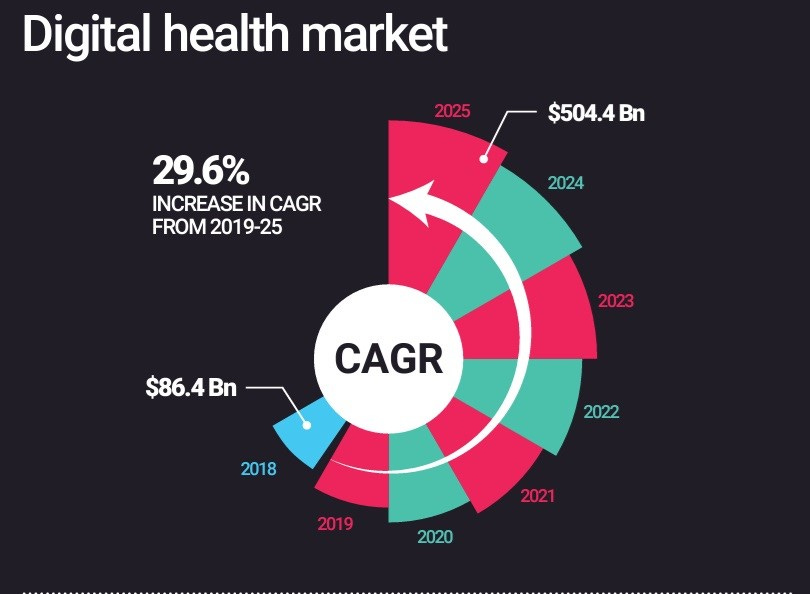Mapping Digitization of Health Services in India: Strengths, Vulnerabilities & Opportunities
Newsletter Edition #230 [The Files In-Depth]
Hi,
Rapid digitization of health services globally are occurring at a time when the Artificial Intelligence industry is taking off - a complex that is being built on large swathes of information and perfected on giant datasets.
But are there adequate safeguards in the way such information and data is being collected? In today’s edition, Vivek N. D., an International Relations scholar, joins the dots on multiple initiatives in India’s digital health space. The Indian case could be illustrative of the opportunities and the weaknesses of a digital health ecosystem.
A confluence of issues from privacy, security and the safety of health information come together in the way digital health services are being governed. While there are opportunities, the system is prone vulnerabilities.
Vivek is part of the Geneva Health Files Fellowship program this year. Get in touch with him with your feedback.
If you find our work valuable, become a paying subscriber. Tracking global health policy-making in Geneva is tough and expensive. Help us in raising important questions, and in keeping an ear to the ground. Readers paying for our work helps us meet our costs.
Our gratitude to our subscribers who ensure we stay in the game!
Until later!
Priti
Feel free to write to us: patnaik.reporting@gmail.com, Follow us on X: @filesgeneva
I. ANALYSIS
Mapping Digitization of Health Services in India: Strengths, Vulnerabilities & Opportunities
By Vivek N.D.
The author is an International Relations scholar with an interest in global health governance. He is affiliated with the Department of Political Science, University of Hyderabad, India.
Email: viveknenmini@gmail.com
In 2020, for the first time in history, police forces in nearly every jurisdiction worldwide were simultaneously mobilised in response to a shared crisis. The global panic surrounding the novel COVID-19 virus marked a significant turning point.
Highlighting the role of police work in the context of a global pandemic is not to suggest that it is the most critical aspect of society's response to the spread of disease. Foucauldian theories on the bio-politics of populations and the anatomo-politics of individuals provide an alternative lens through which to view this historical shift, particularly when considering how these forms of power are now shaped in a digitally connected world.
This implies that the theories of biopolitics (concerned with the governance of populations) and anatomo-politics (focused on the regulation of individual bodies), as conceptualised by Michel Foucault, can be used to analyse the ways in which power dynamics have evolved in the context of the COVID-19 pandemic, particularly in a world that is increasingly interconnected through digital technology.
It suggests that the traditional forms of power and control over populations and individuals, which Foucault discussed, are now being transformed and influenced by digital technologies. These technologies enable new methods of surveillance, control and governance that are different from, yet connected to, those Foucault originally described. The implication is that understanding this shift requires considering how digital connectivity influences the exercise of power in managing public health crises and regulating individual behaviour.
The COVID-19 pandemic was an unprecedented global health crisis that forced governments worldwide to rethink their healthcare strategies, with digital tools becoming central to this transformation.
In India, the pandemic catalysed the rapid digitisation of healthcare services, reshaping the landscape of health governance. While these advancements brought about significant improvements in accessibility and efficiency, they also raised complex political, legal and socio-economic issues. This article critically examines the impact of COVID-19-induced digitization of healthcare in India, focusing on the key digital tools introduced, and the challenges and implications of these technologies.

Keep reading with a 7-day free trial
Subscribe to Geneva Health Files to keep reading this post and get 7 days of free access to the full post archives.




